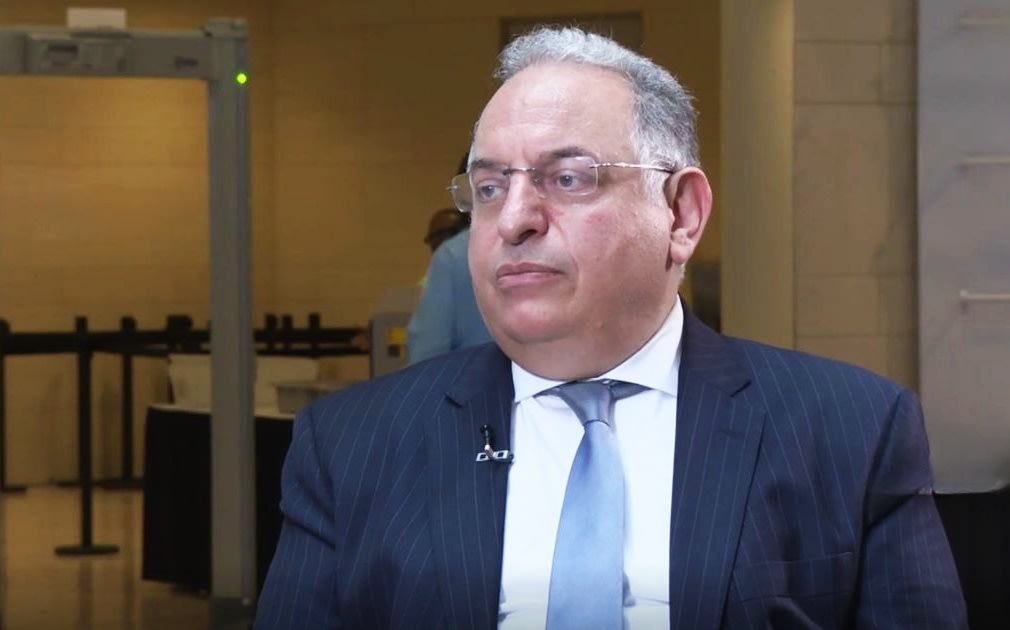Yesterday, the Minister of Finance, Mohammed Yasser Barnia, revealed the reopening of the Damascus Securities Exchange starting from Monday, June 2nd, after completing all necessary reviews and procedures to ensure the safety of trading and compliance with anti-money laundering and illegal activities regulations.
Minister Barnia emphasized that trading will initially be limited to three days a week, stressing that the main goal of reopening the market is to stimulate the Syrian economy and boost financial transactions within a comprehensive development plan that includes updating trading, clearing, and electronic settlement systems, expanding investment tools, and stimulating supply and demand.
The Minister pointed out the start of reviewing and updating financial legislation to align with international standards and enhance the market's role in financing economic development, aiming to support economic expansion in Syria in the coming years.
It is worth noting that trading was suspended at the Damascus Securities Exchange on December 5, 2024, to assess the operational and financial status of joint-stock companies, prevent financial manipulation, and ensure the safety of market data and information.
On the other hand, the economic and banking expert, Dr. Ibrahim Nafea Qushji, confirmed that reopening the market reflects a relative stability in the country, considering this step as the beginning of attracting investments and revitalizing the economy. However, he emphasized the need to expand the market to include commodity, currency, and financial derivatives markets to be more impactful and effective.
Qushji highlighted the importance of establishing strong joint-stock companies and listing them in the market as part of the economic recovery process, calling for opening the market to foreign companies under transparent frameworks to attract foreign capital.
Regarding the market's role as an alternative financing tool, Qushji believes that the market can contribute to financing infrastructure projects and agricultural seasons through issuing and trading debt instruments such as bonds and treasury bills, achieving sustainable financing.
However, Qushji criticized the current market's focus solely on the banking sector, urging to activate industrial, energy, and technology sectors, and encourage companies to transform into public contributions to enhance community financing and financial transparency.
He concluded by saying: "If the market does not evolve into a comprehensive and advanced model, it will remain just a superficial facade far from representing the real economy, and will only be a dim light at the end of a long tunnel."

